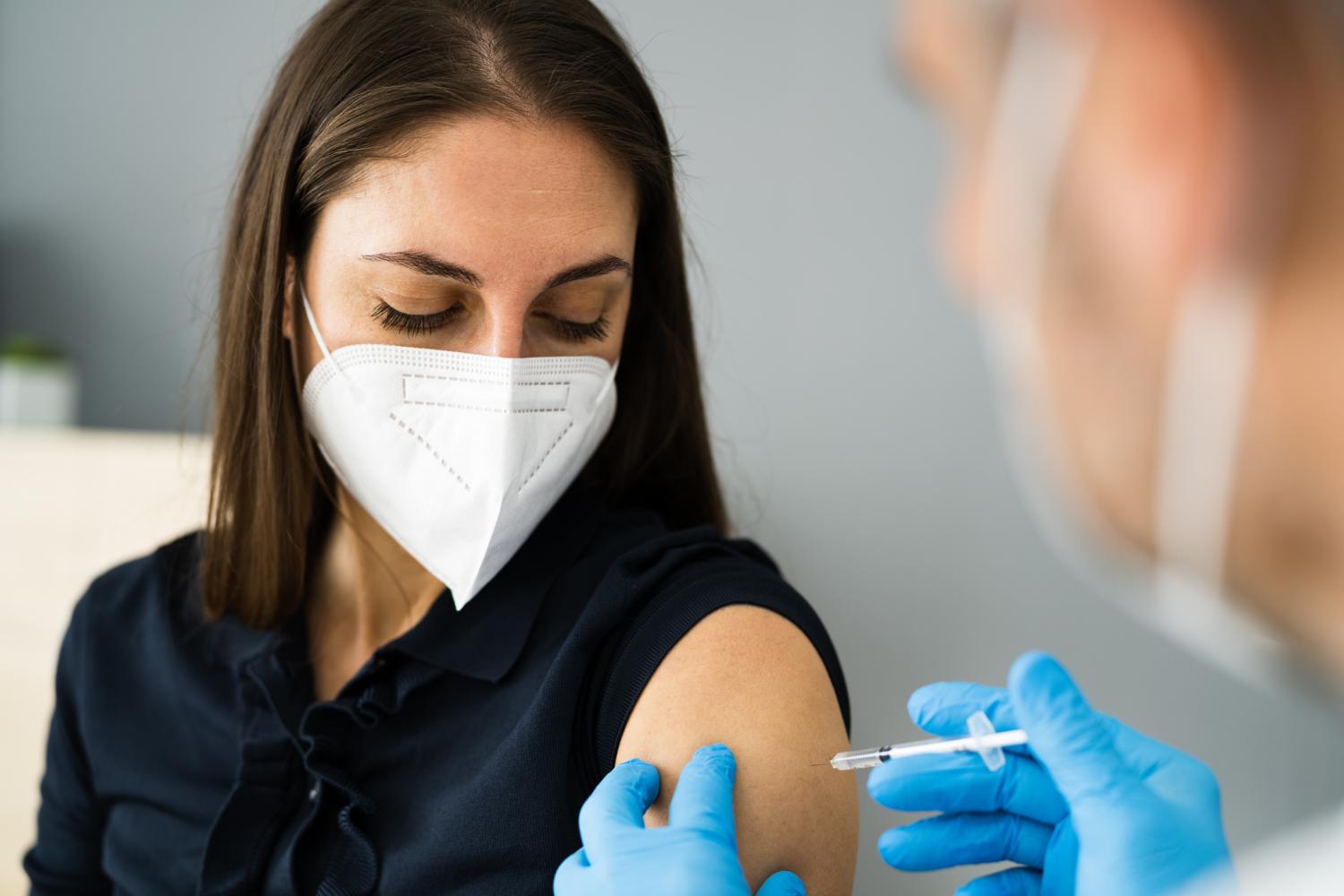Estimated bivalent (two-strain) COVID-19 mRNA vaccine effectiveness (VE) against hospitalization dropped from 62% 1 week after receipt to 24% at 4 to 6 months in adults with healthy immune systems, but protection against severe outcomes was sustained, according to a US Centers for Disease Control and Prevention (CDC) study.
The test-negative, case-control study, published today in Morbidity and Mortality Weekly Report, assessed VE against COVID-19–related hospitalization by time since bivalent vaccine receipt among adults hospitalized at one of five sites in seven states from September 13, 2022, to April 21, 2023.
The study population included patients with and without fully functional immune systems who had received a bivalent booster dose or only monovalent (single-strain) doses or were unvaccinated.
Of 66,141 adults with healthy immune systems, 10.4% had COVID-19, and 89.6% were controls. The median age of infected patients was 76 years, compared with 71 among uninfected hospitalized controls. A total of 25.9% of COVID-19 patients and 23.2% of controls were unvaccinated, while 16.3% of infected patients and 20.6% of controls had received a bivalent dose.
Among 18,934 hospitalized patients with impaired immune systems, 9.7% had COVID-19, and 90.3% were control patients. The median age of COVID-19 and control patients was 73 years and 70 years, respectively.
VE in immune-impaired patients waned less
Estimated VE against hospitalization among adults with healthy immune systems tumbled from 62% (95% confidence interval [CI], 57% to 67%) 1 week after receipt to 24% (95% CI, 12% to 33%) at 4 to 6 months and varied little by age-group.
VE among participants with impaired immune systems was 28% at 1 week and 13% at 4 to 6 months. VE against hospitalization among participants who received only monovalent doses was 21% at a median of 12.5 months. VE against intensive care unit admission and death was estimated at 69% 1 week to 2 months after a bivalent dose and 50% at 4 to 6 months.
VE for monovalent recipients was 3% at a median of 1 year after the last dose. Estimates of relative and absolute VE were comparable.
4 in 5 adults haven't had bivalent dose
"Receipt of a bivalent dose boosted protection against COVID-19–associated hospitalization that had waned since receipt of previous monovalent doses; however, protection afforded by a bivalent dose against COVID-19–associated hospitalization in adults without immunocompromising conditions waned in a similar pattern to that seen after receipt of a monovalent dose during Omicron predominance," the researchers wrote.
They said the reduced waning of VE among patients with impaired immune systems was possibly due to differences in immune response or limited statistical power to detect differences by time.
The authors noted that as of May 10, only one in five US adults had received a bivalent booster dose, and among those who had received a monovalent vaccine but had yet to get a bivalent booster, most received their last dose more than 1 year ago.
Protection afforded by a bivalent dose against COVID-19–associated hospitalization in adults without immunocompromising conditions waned in a similar pattern to that seen after receipt of a monovalent dose during Omicron predominance.
"Results of this analysis indicate that these adults might have relatively little remaining protection against COVID-19–associated hospitalization compared with unvaccinated persons, although might have more remaining protection against critical illness," they wrote.
The findings support updated recommendations allowing additional bivalent doses for some high-risk populations, they concluded: "All eligible persons should stay up to date with recommended COVID-19 vaccines."



















